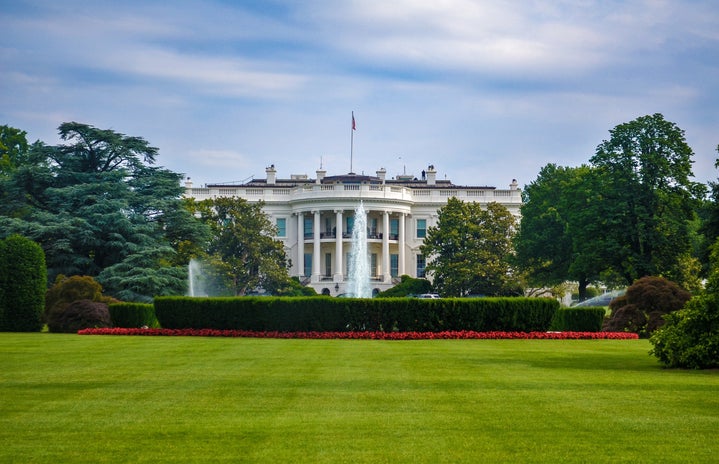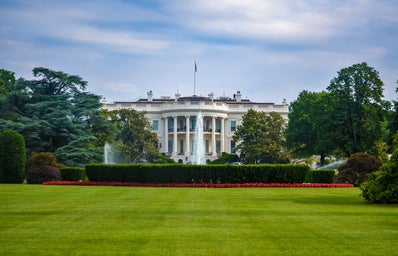“A good magistrate will not fear [impeachments]. A bad one ought to be kept in fear of them.”
- Elbridge Gerry
“Impeachment” is a term that has been uttered countless times throughout mainstream media and across thousands of American dinner tables since the Trump administration entered office. Arguments for impeachment are directed not only towards the current president but also Supreme Court Justice Brett Kavanaugh. For many Americans, “impeachment” has begun to lose its value as the prospect of its use on president Trump and his Supreme Court Justice selection diminishes. Although there has been expressive support towards official impeachment inquiries for both Trump and Kavanaugh, the general outlook remains grim. From this matter rises an important question – If not now, under these tense circumstances, when will impeachment ever be of use?
The founders of the United States believed impeachment to be so important that they made it part of the Constitution before they determined the contours of the presidency. Although the significance of impeachment seemed clear to the framers of the Constitution, there was some dispute regarding grounds for an impeachment inquiry. The quarrel led to the utilization of the technical term “high Crimes and Misdemeanors.” This phrase has underwritten the inefficacy of the impeachment process due to the ambiguity of its nature. Ironically, “high Crimes and Misdemeanors” was a substitution for “maladministration” because James Madison argued it was too vague (admittedly, this was a good point).
Of course, the problem is bigger than the specific language used to determine grounds for impeachment. Another drawback lies within the lack of courage demonstrated by numerous politicians that refuse to support an impeachment inquiry. An assumption might be made that only republicans argue against such a motion, however, that notion is false. Myriad democrats have exemplified their opposition to an impeachment inquiry. One such democrat is Utah Representative Ben McAdams, although he has declared Trump’s actions notated in Special Counsel Bob Mueller’s report as “corrupt.”
It may seem unjust that our legal processes can get hung up on phrasing contingencies and unpredictable politicians, and that’s because it is. When the President of the United States promotes hate, triggers violence, and undermines the importance of the most powerful office in all the land; when a Supreme Court Justice who is accused of multiple sexual assaults with corroborating witnesses sits on the Supreme Court – the moral, ethical, and principled decision to eliminate such iniquities from power should prevail, period.
Image Credit: 1



